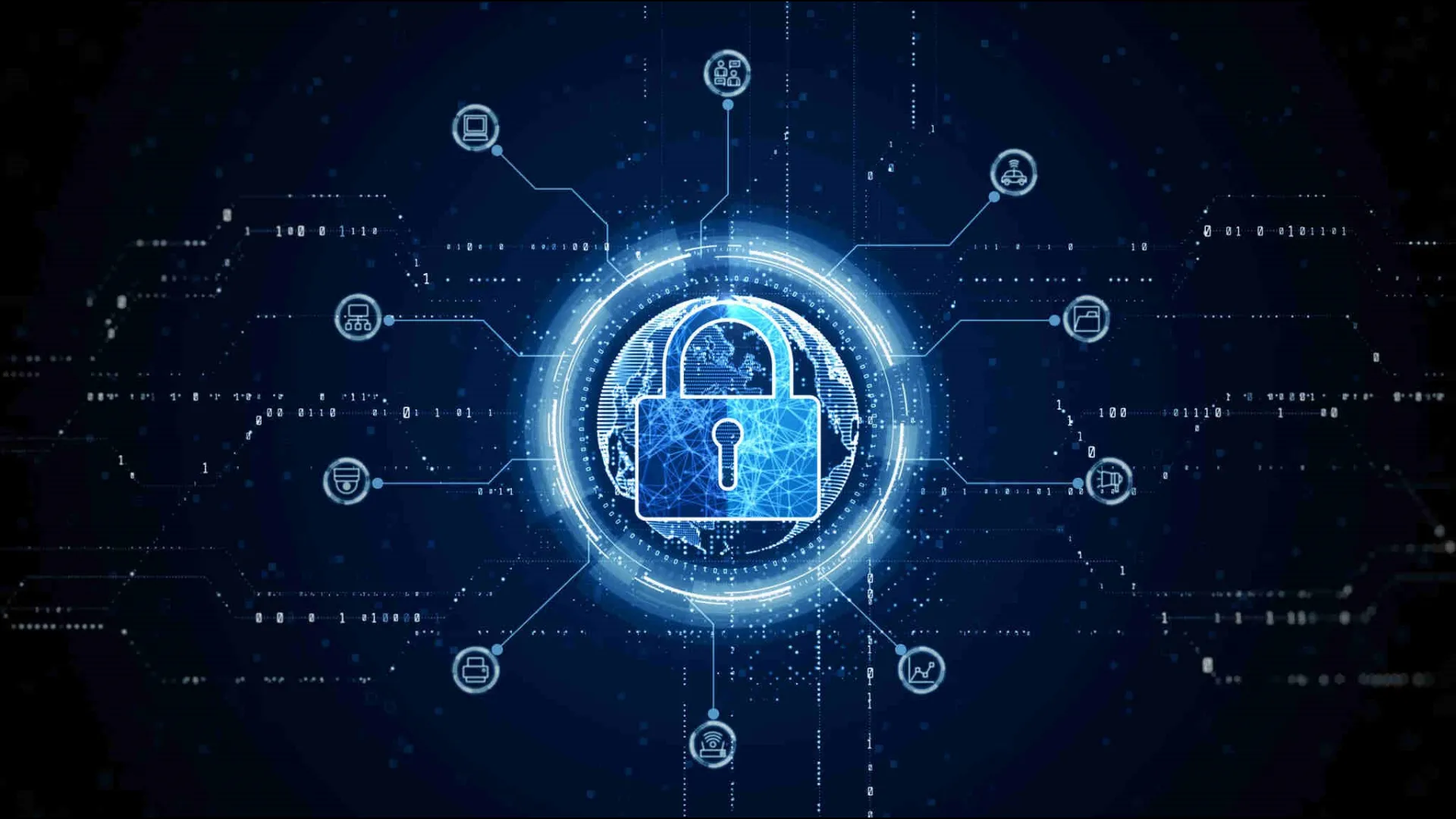
Artificial Intelligence (AI) has become the defining force of modern technology — not just in automating tasks or powering chatbots, but in transforming the way we defend (and attack) in cyberspace. The relationship between AI and cybersecurity is a double-edged sword: AI strengthens our defenses, but it also equips cybercriminals with unprecedented capabilities.
AI as the Cyber Defender
In a world where cyberattacks happen in milliseconds, human response time simply can’t keep up. AI steps in to bridge that gap.
Key defensive uses of AI include:
-
Threat Detection at Scale – Machine learning algorithms analyze massive streams of network traffic to spot anomalies before humans even notice them.
-
Automated Incident Response – AI can isolate compromised systems instantly, preventing a full-scale breach.
-
Predictive Security – AI models can forecast attack patterns, enabling proactive defense.
-
Fraud Prevention – Banks and payment platforms use AI to detect suspicious transactions in real time.
These AI-driven defenses are not just faster; they’re adaptive, learning from each incident to become more effective.
The Dark Side: AI as a Cyber Weapon
Unfortunately, AI doesn’t play for just one team. Threat actors now weaponize AI to:
-
Generate Convincing Phishing Emails – Perfect grammar, personalized targeting, and context-aware lures.
-
Automate Vulnerability Scanning – AI-powered tools can scan entire infrastructures for weak points in seconds.
-
Deepfake Technology – Fabricating voices and videos to manipulate victims or spread disinformation.
-
Adversarial AI Attacks – Manipulating AI models themselves, tricking them into making incorrect decisions.
This arms race means that as defenders evolve, so do the attackers.
AI + Human Expertise: The Winning Formula
While AI can process and react faster than any human, it lacks one thing — judgment. False positives, ethical dilemmas, and complex attack scenarios still require skilled cybersecurity professionals. The strongest security posture blends AI automation with human intuition.
Challenges Ahead
-
Bias and Reliability – AI is only as good as the data it’s trained on; bad data means bad decisions.
-
Explainability – Security teams need AI decisions to be transparent, not a “black box.”
-
AI Arms Race – Both sides are using AI, making it a constant game of cat-and-mouse.
Final Word
AI will not replace cybersecurity experts — it will supercharge them. But as AI capabilities grow, so does the potential for misuse. The future of cybersecurity will be defined not by who has AI, but by who uses it better.








